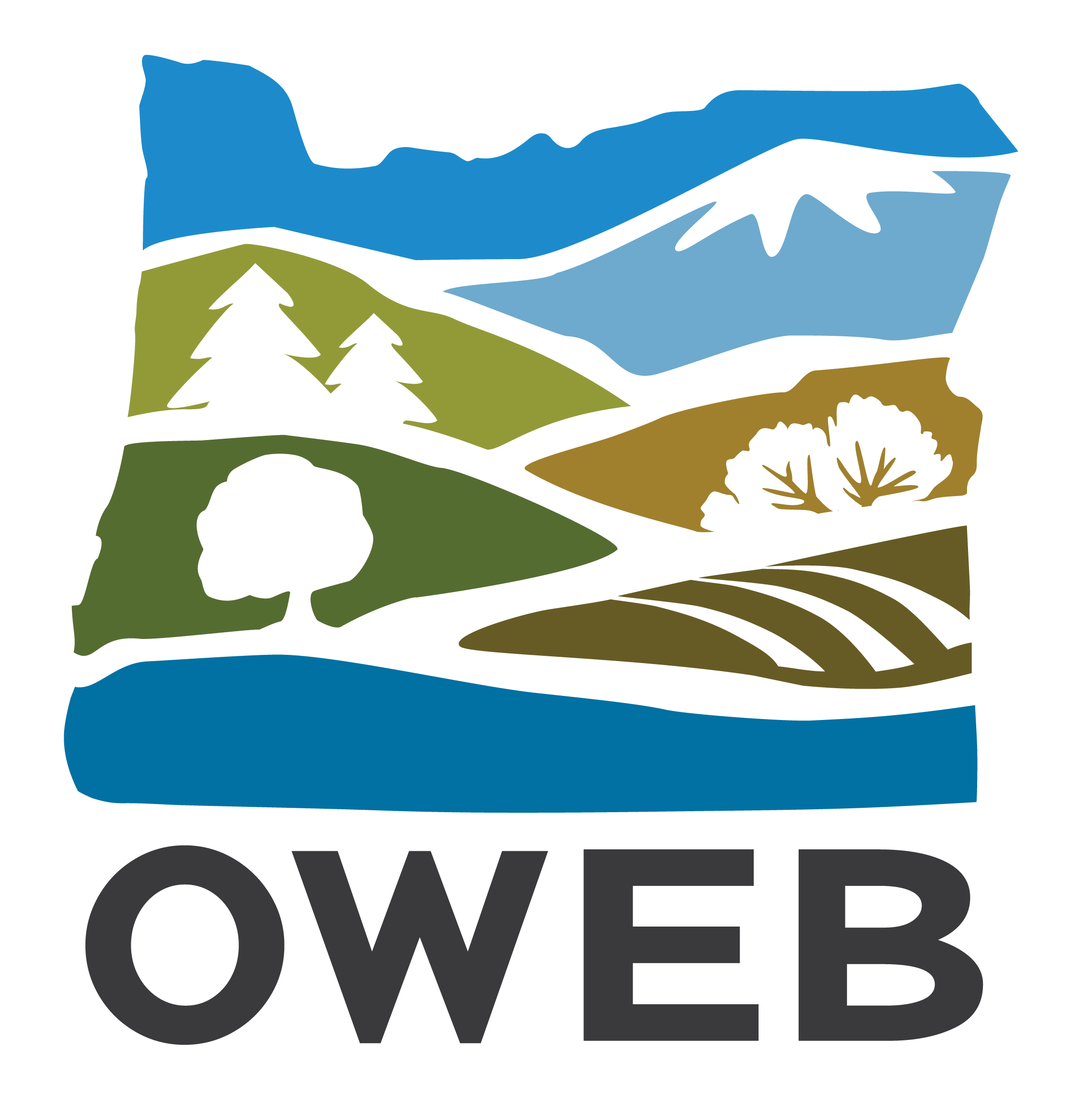Wildfire Response Grant Offering
Oregon Watershed Enhancement Board sent this bulletin at 11/05/2020 06:12 AM PSTHaving trouble viewing this email? View it as a Web page.![]()
On October 30, 2020, the OWEB board approved a Wildfire Response Grant Offering. OWEB is now accepting applications at a maximum of $75,000 per grant, with funds required to be spent by June 30, 2021 for eligible activities outlined below. The Wildfire Response Grants will not displace or reduce other OWEB grant funding opportunities scheduled for the remainder of the biennium.
This will be different than many of OWEB’s grant offerings, so please read all details below to understand what is eligible for funding and the application process. OWEB will be accepting only one application for each of the 13 fires identified at the end of this message, so coordination at the local level will be required for this application process.
Eligible Applicants:
OWEB is asking that local conservation non-profits, local governments, and tribes work together to select one eligible applicant per identified fire (see listing of fires at the bottom of this message). That applicant will coordinate submission of the application on behalf of all local partners and serve as the fiscal agent for the grant. Partners need to coordinate on actions to be funded and who will lead each action. OWEB can assist with coordination calls as requested to help with this process.
Actions Eligible for Funding:
OWEB-funded work will address short-term fire recovery needs generally related to soil stabilization and weed management on tribal lands or private lands (not including industrial forestlands) that have been identified as high priority in a federally led assessment through FEMA, BLM or the Forest Service, or other assessments with approval from OWEB. Proposed actions must meet OWEB’s Constitutional requirements to address protection and restoration of native fish and wildlife habitat or water quality improvement.
Eligible Implementation Funding Activities Include:
- Log transport and stockpiling for future restoration.
-
A limited suite of conservation practices to help stabilize soils and manage weeds post-fire, including: conservation cover, cover crop, herbaceous weed treatment, mulching, range planting, woody residue treatment and fencing.
- NOTE: Many of these practices are funded by USDA’s Natural Resources Conservation Service and Farm Service Agency for landowners eligible for USDA Farm Bill programs. Due to the availability of funding through those federal agencies, OWEB funding is limited to those landowners not eligible for USDA funding.
- Other stabilization practices designed to protect or restore habitat or water quality that are specified in a qualifying assessment and discussed in advance with OWEB.
Eligible technical assistance activities include:
- Stakeholder engagement – to help landowners understand programs available for post-fire recovery and to assist them in participating in those programs; and
- Technical assistance – to participate on local assessment teams and select restoration practices.
Eligible Geography:
Applications will be accepted on a continuing basis from one applicant per eligible fire. Local partners will identify one eligible applicant who will serve as the fiscal agent and will work in cooperation with area partners to apply for up to $75,000 in funding for each of the following 13 fire areas:
- 242
- Almeda
- Archie Creek
- Beachie Creek
- Brattain
- Echo Mountain Complex
- Holiday Farm
- Indian Creek
- Lionshead
- Slater
- South Obenchain
- Riverside
- White River
OWEB can assist partners with facilitating eligible applicant determination if requested.
If you have questions about applying for a Wildfire Response Grant, contact Kathy Leopold, kathy.leopold@oregon.gov.
Thank you for your interest in watershed restoration and protection!
Eric Williams
Grant Program Manager

